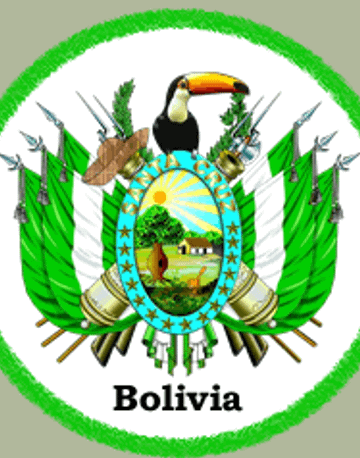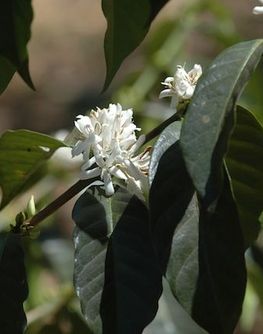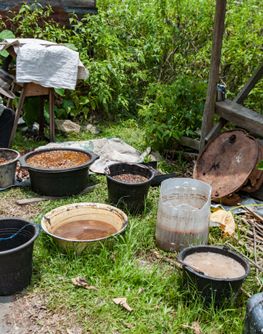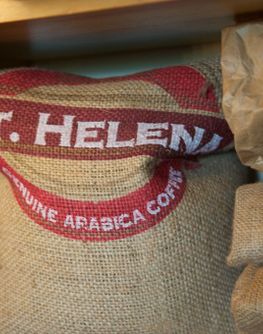
Bolivia Washed Arabica, Altura, Organic, Fairtrade
€ 20.00Washed Arabica
Organic - Fairtrade
A fully organic produced arabica from the Bolivian highlands
Fairtrade certified
The coffee is being grown at altitudes between 1.350 and 1.700 metrs.
The production area is situated North East of La PAz, close to the Bella Vista National Park
The arabica varieties are Typica and Caturra.
About CIAPEC
CIAPEC was founded in April 2003 with 32 members. It is specialized in coffee production and aims to improve the living conditions of its members. As at February 2019, CIAPEC had 60 members, of which 40 organic certified. It is certified by Biolatina, FLO-CERT and SPP (small producers’ symbol). CIAPEC’s mission is to be a sustainable, competitive, community based enterprise through the production of coffee for the international markets. CIAPEC aims to produce coffee using new technologies while always taking care of the environment for the well-being of its members.
CIAPEC’s members consist of small coffee producers in the Caranavi region of Bolivia. On average, there are 5 people in one family. The average production area is 3.5ha. The members are indigenous people from the Aymara ethnicity, most of them have little access to healthcare and are primary or secondary school educated. Their children are generally educated to secondary school level.
About coffee production in Bolivia
With only 0.1% share of the world market, Bolivia is a small coffee producer. The South American landlocked country lives mainly from natural gas, mining and agriculture; in contrast, the coffee sector is of no particular importance. Nevertheless, the coffee industry now provides for more than 32,000 families. Not much is known about the origins of coffee production in Bolivia. However, coffee plants have been cultivated here since the year 1880.
Conditions for coffee cultivation are optimal in Bolivia. In several provinces the required altitudes exist and the climate is also very suitable with dry and humid seasons. Only Arabica is cultivated. As funds for fertilizers, pesticides etc are scarce, cultivation in Bolivia is almost entirely natural. The main coffee regions are located in the provinces of Larecaja de Departamento La Paz, Franz Tamayo, Inquisivi, Caranavi, as well as Sud and Nor Yungas. Since Bolivia, as a landlocked country, does not have its own access to the sea, coffee to be exported is shipped via Peru.
Despite excellent growing conditions and high potential, the Bolivian coffee sector has been struggling with some problems. Difficulties in logistics as well as in the maintenance of the processing plants led to an unstable quality level. However, thanks to some investment, Bolivian coffee has been significantly more stable recently. Approximately 40% of the total coffee produced in Bolivia is for local consumption.



